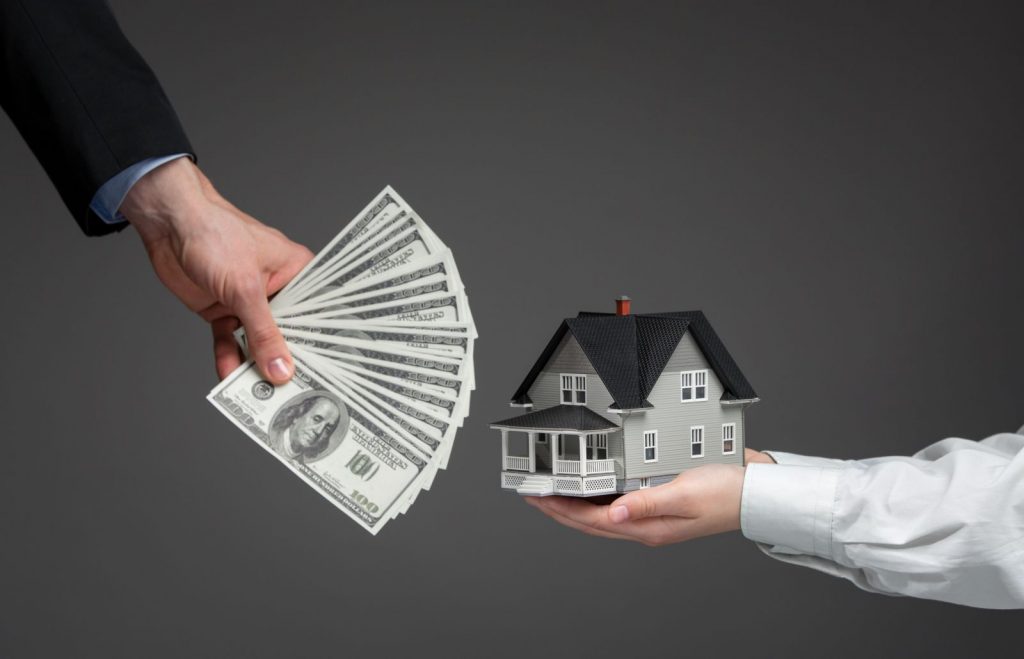Buying your first home is a very important step in any person’s life. Understanding how much you can afford, what everything will cost, and how to prepare for such a large investment is very important. The down payment is a cash payment you make when closing on the property you are purchasing. The amount you pay will affect your monthly mortgage payments. Larger down payments reduce the price of your monthly mortgage, and smaller ones increase the price of your monthly mortgage. Here are some tips to help you get ready to lay down your first down payment.
The very first step you will need to complete is finding out what you are able to afford. You will need to calculate the monthly mortgage payment in addition to the other bills that you will be able to afford. There are many online home calculators that consider your income, down payment, and other factors, giving you an idea of how much you will need to save and what you can afford. Once you have gathered this information, a good real estate agent will be able to help you find a home in your price range.
In most home-buying cases, a down payment of about 20% is best, which’ll help you during the process of getting approved for a mortgage. It will also help you avoid Private Mortgage Insurance, which will be an additional monthly cost, saving you a lot of money every month.
If you are in a financial situation that allows you to put down more than 20%, doing so is in your benefit. Higher down payments will help you negotiate lower monthly payments on your mortgage. Putting down 20% of a home in cash can be quite a lot of money, so it is important to start saving as soon as possible. One of the easiest ways to save money is to have a portion of your paycheck automatically added to your savings account. You can choose between having a percentage of your paycheck or a fixed amount of money from your paycheck to be added to your savings. The more you choose to save, the faster the money will add up. Adding any sudden incomes, such as bonuses and tax refunds, will also help speed up the saving process.
Be patient. If you are starting from nothing, it may take a few years of saving before you are able to start the homebuying process. Once you have saved enough to purchase your home, you will own more and more of your property. As time goes on, the value of your home may increase, adding to your overall equity. Once you decide to sell your home, you will likely be able to afford a larger down payment on your next home.
Being prepared to enter the housing market is the most important thing. It will be up to you to do the research and saving that will be needed to make the down payment on your first home and pay the bills that come along with homeownership.
